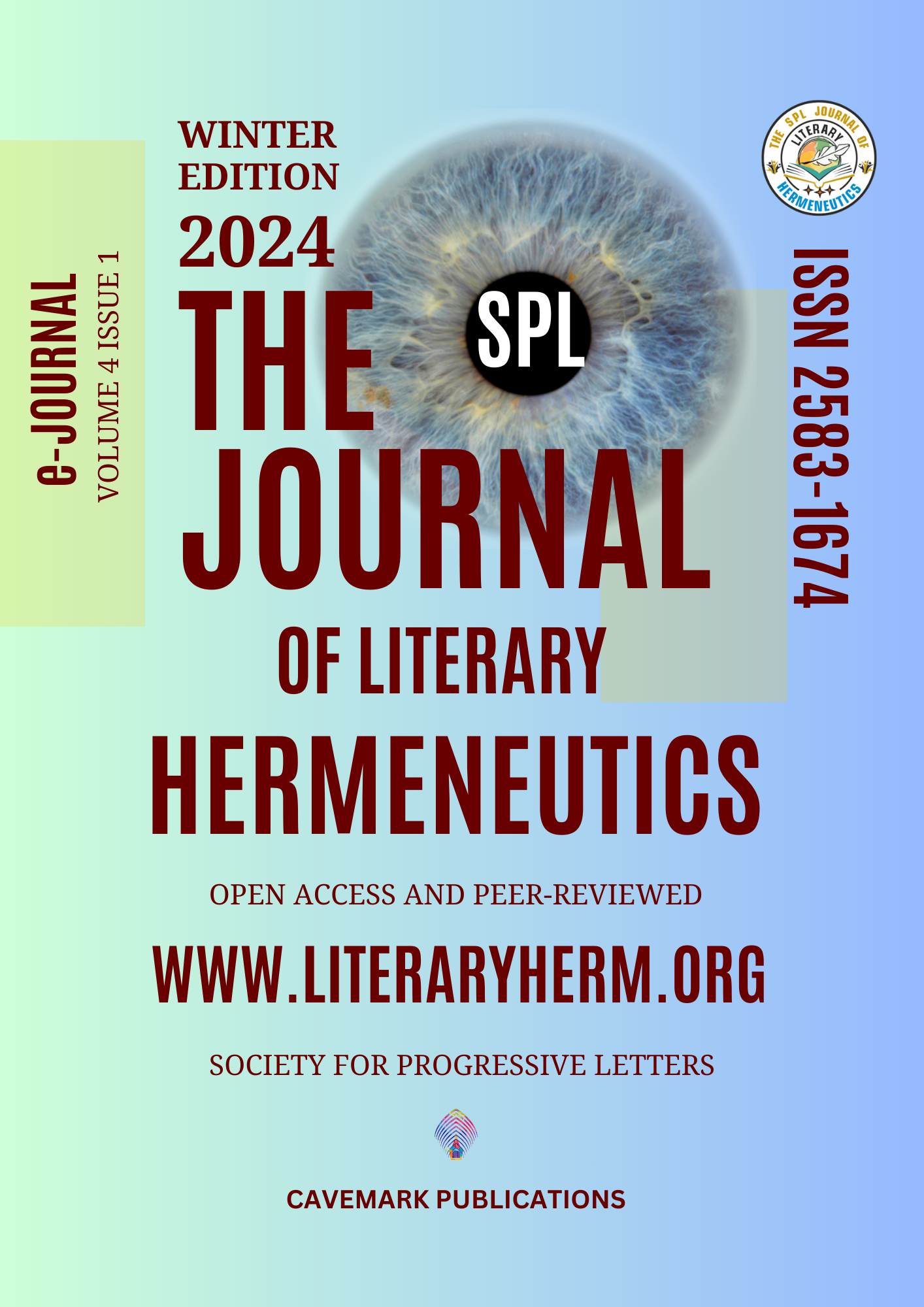Culinary Encounters and Family Bonds: Food, Travel, and Culture in Tahir Shah’s The Caliph’s House
Keywords:
Tahir Shah, The Caliph's House, culinary tourism, food, family, culture, travel, Lucy Long, identityAbstract
Aims: Central to Shah's portrayal of his year in Casablanca in The Caliph's House: A Year in Casablanca is the role of food as a binding force within the family structure. This paper explores how Shah uses food as a symbol of cultural exchange and a medium for navigating his relationship with Morocco, emphasizing food's capacity to offer connection, comfort, and negotiation with the unfamiliar.
Methodology and Approaches: The study employs Lucy Long's theory of culinary tourism, which highlights food as a gateway to understanding broader cultural and social contexts. Long's framework is used to analyze food as a vehicle for individual and collective identity formation, shaping Shah's perception of himself and his family within a foreign cultural setting.
Outcome: The analysis reveals that food in The Caliph's House operates as a cultural artifact, a medium of hospitality, and a means of belonging. The act of eating and sharing meals emerges as more than a physical necessity; it becomes an embodied practice through which tourists and residents can experience and engage with new cultures.
Conclusion and Suggestions: The paper underscores the interconnectedness of food, travel, and culture, suggesting that travel reshapes perceptions of home and family. By engaging with food as a cultural medium, Shah bridges the gap between his own identity and the unfamiliar environment, offering insights into how culinary experiences can foster deeper cultural understanding and belonging.
Downloads

Published
How to Cite
Issue
Section
Copyright (c) 2024 Nida Ambreen, Kusumika Sarkar

This work is licensed under a Creative Commons Attribution-NonCommercial 4.0 International License.












